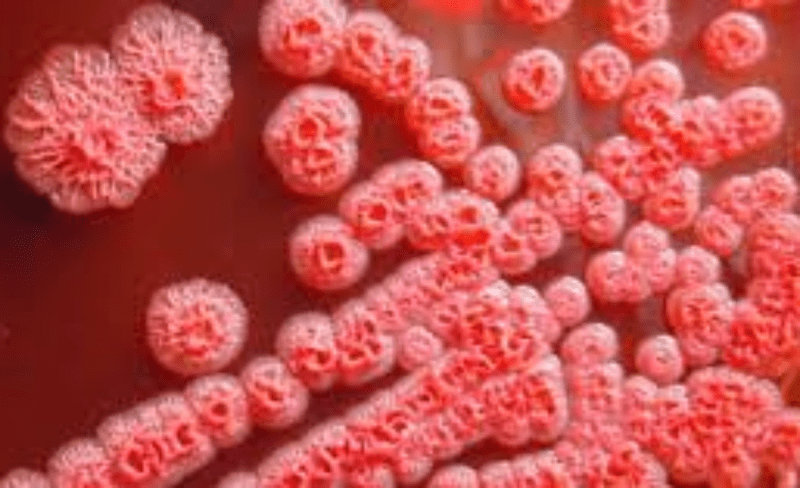
H5N5 Virus (Image: Patrika)
H5N5 Virus Update: A highly concerning report has emerged from Washington State, USA, with the death of an individual due to H5N5 avian flu. This marks the world's first recorded human case. The patient was elderly and had pre-existing health conditions. They raised chickens at home, and investigations revealed the presence of the virus in their chicken coop, suggesting that contact with sick or wild birds was the source of infection.
Fortunately, there is currently no evidence of human-to-human transmission, meaning the risk to the general public is still considered low. However, caution is advised.
H5N5 is a type of bird flu virus commonly found in wild and domestic birds. This is the first human case, which is why doctors and scientists are taking it very seriously. Previously, the H5N1 bird flu infected 862 humans globally, with over half of them succumbing to the illness. Therefore, the emergence of H5N5 in humans is being viewed as a warning.
The virus jumping from birds to humans, the risk of future mutations (changes), and the unknown pattern of human infection. Nevertheless, experts advise that instead of fear, sensible caution is needed.
In most cases, infection occurs due to the following reasons: touching sick or dead birds, coming into contact with their droppings, feathers, or coop litter, and poor sanitation or weak biosecurity. Individuals with compromised immune systems are at higher risk. According to the CDC, most diseases are transmitted directly from birds to humans, not from human to human.
Do not touch sick or dead birds. If necessary, wear gloves, a mask, and eye protection. Handwashing is the most crucial defence. Wash hands thoroughly with soap after touching birds, their coops, or any related items. Keep children away from birds and do not let them enter coops unsupervised. Cats, dogs, or pet birds can also contract the disease from infected wild birds. If any bird exhibits unusual symptoms, such as ceasing to fly or sudden death, report it immediately. Cook chicken and eggs thoroughly. Never consume raw milk or undercooked chicken.
Published on:
23 Nov 2025 03:44 pm
Big News
View AllHealth
Trending
Lifestyle
